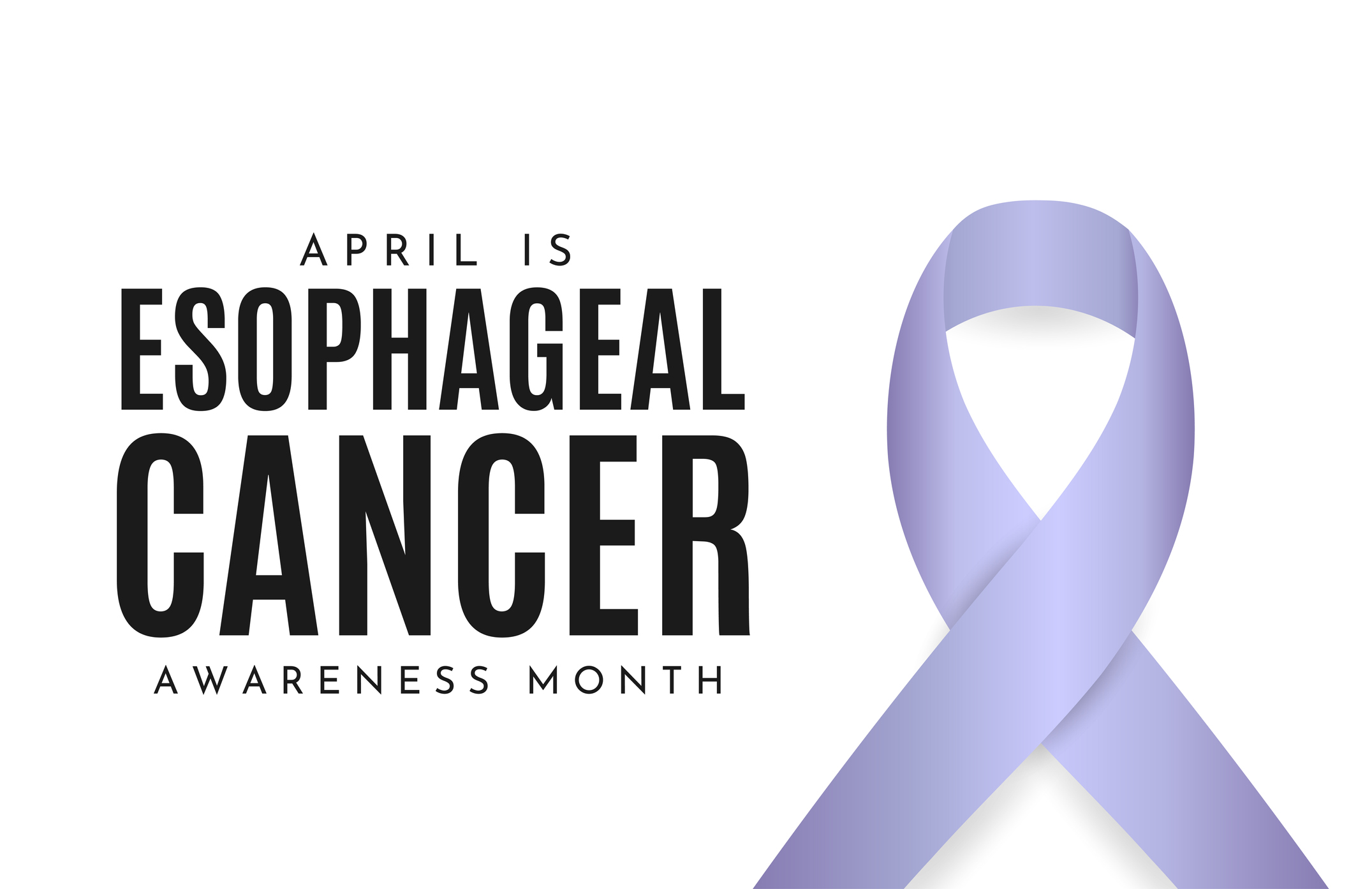Read Time: 2 Minutes
April is Esophageal Cancer Awareness Month. Represented by a light blue or lavender ribbon, supporters band together to advocate for continued research into this common gastrointestinal cancer.
SCA Health advocates for physicians to educate patients and raise awareness about esophageal cancer not only this month, but year round.
According to the Mayo Clinic, esophageal cancer is the sixth leading cause of cancer-related death worldwide, though the occurrence rate varies among geographic locations. In the United States, men are more likely to be diagnosed with esophageal cancer than women. Furthermore, the American Cancer Society reports that from 2015-2019, 7.9 out of every 100,000 men suffered from the disease, compared to 1.8 out of every 100,000 women.
Symptoms
According to the Mayo Clinic, common symptoms of potential esophageal cancer include the following:
- Trouble swallowing
- Unintended weight loss
- Chest pain, pressure, or burning
- Worsening indigestion or heartburn
- Coughing or hoarseness
While researchers remain unclear on the definitive causes of esophageal cancer, particular lifestyle habits, and pre-diagnosed conditions are known the exacerbate the condition or increase risk, such as:
- Smoking & Tobacco use
- Heavy Drinking
- Obesity
- Gastroesophageal Reflux Disease (GERD)
- Barrett’s Esophagus
- A lack of fruits and vegetables in one’s diet
- Undergoing radiation treatment on the upper abdomen or chest
Resources and Organizations
Below are some support groups, organizations, and resources to use if you, a friend, or a loved one may have esophageal cancer.
Mayo Clinic: An exceptionally reliable resource for data and information on esophageal cancer.
EC Aware: Organization devoted to supporting and advocating for esophageal cancer patients and survivors.
Angel Flight: A group of pilots and volunteers dedicated to assisting those who may struggle with travel costs by providing free flights for medically necessary trips.
Esophageal Cancer Education Foundation: Organization advocates for education and ongoing research into esophageal cancer.
Talk to your doctor if you believe you or someone you love may have esophageal cancer.






